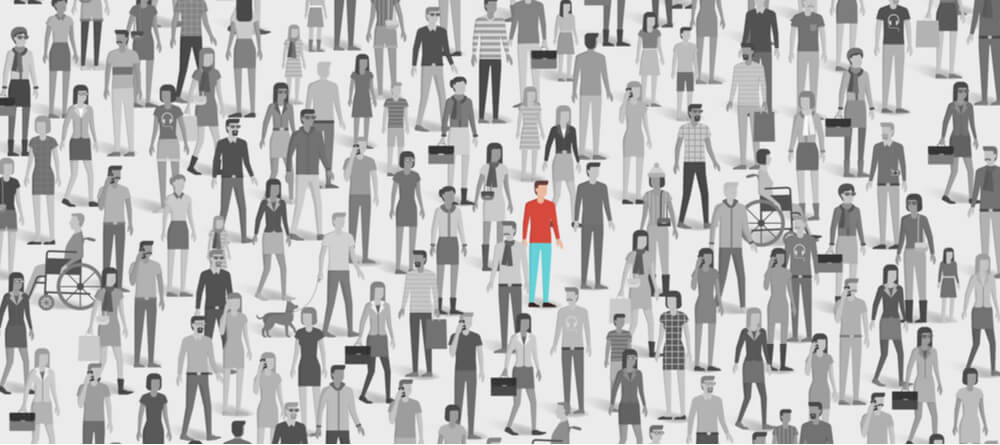You may not be familiar with the name Mary Mallon, but you’ve probably heard of Typhoid Mary. They’re one and the same.
Mallon emigrated from Ireland in the late 1800s and found work as a cook for wealthy families in New York. It turns out she was an asymptomatic carrier of typhoid and unknowingly spread the disease to many of her employers and their families. Since she did not get typhoid fever herself, she strongly denied having the disease and many more people were infected. It’s believed that she personally infected more than 50 people, three of whom died. The media dubbed her “Typhoid Mary” and her story became a legendary cautionary tale.
In the COVID-19 era, Typhoid Mary would be known as a “superspreader.” They’re people who spread the coronavirus easily and efficiently to others, infecting many rather than simply a few. They can make the number of cases rise very quickly.
How It Happens
It’s simple math. If one person contracts the disease and infects two others and those two each infect two more, it’s easy to see how a virus can double or triple its impact in just a matter of days. It’s called exponential spread, and COVID-19 has been a perfect example of it.
The virus that causes COVID-19 has also had another advantage – it’s new. Most of the population has little to no immunity to it yet, which makes people more susceptible to the disease right now.
This coronavirus is very easy to spread as well. It lives in the tiny droplets we expel each time we talk, cough, sneeze, or even breathe. So just being in close contact with someone who has the virus can easily transmit it to you and anyone else nearby. And since many carriers don’t have symptoms themselves (like Typhoid Mary), they can share it without even knowing they’re infected.
What To Do
With a virus that spreads so quickly and is transmitted so easily, how do we protect ourselves from superspreaders? Mostly by doing the same things we’ve been doing since the start of the pandemic while adding a few new precautions as we interact with others.
- Watch for symptoms. If you have any of the most common coronavirus symptoms (fever, coughing or shortness of breath), quarantine yourself for at least 14 days to avoid spreading the virus to others.
- Stay home. Unless you have immediate needs, it’s best to stay home.
- Practice social distancing. When you do have to go out, stay at least 6 feet away from others. That’s a distance that should keep you out of range of the airborne droplets other people expel while talking or breathing.
- Stay in well-ventilated areas. Research suggests that it’s more difficult for the coronavirus to spread outdoors. So if you decide to go out, outdoor spaces and well-ventilated indoor spaces are generally safer.
- Wear a mask. There is very strong evidence that wearing a cloth face covering can dramatically reduce the volume of airborne droplets coming out of our noses and mouths, which can keep us from unknowingly spreading the virus to those around us.
- Wash your hands. When it comes to keeping ourselves healthy, there’s no substitute for good old-fashioned hygiene. Wash your hands thoroughly and often, then keep them away from your face.
There’s no foolproof plan for dodging superspreaders – mostly because neither they nor you know who they are. By taking proper precautions (and encouraging others to do the same), you can hopefully avoid becoming or encountering a superspreader.

